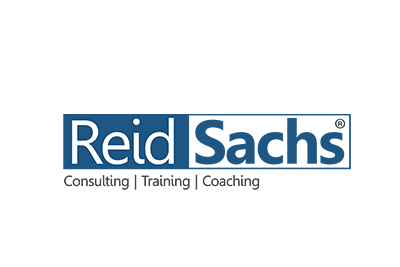
Young Persons with Visual Impairments coping with Mental Health challenges
November 10, 2021: Coping with mental health challenges: Second engagement organized by Initiative for National Gowth Africa for Visually Impaired Young Adults Program in Ikoyi Lagos, Nigeria.
As a follow-up to his September 2021 presentation about visual impairments and technology, Paul Sachs was invited back to the Initiative for National Growth Africa to speak about mental health challenges faced by individuals with visual impairments. The event took place on November 10, 2021.
For starters, it is important to understand mental health challenges from a bio-psycho-social perspective. People have a genetic endowment and biological with which they start life. They have their psychological sense of who they are, including the feelings and thoughts that go along with this. And people are social animals, keenly sensitive to and affected by those around us, family, friends and society at large. So, when one thinks about mental health and mental illness one must consider multiple perspectives.
Problems that people face during life can take different forms. Everyone faces life predicaments – the expected but challenging changes one faces through the life-cycle. More serious adjustment problems that last longer or are more intense can overwhelm a person’s ability to cope. Finally, genuine mental illness can more severely interfere with a person’s thoughts and safety. Fortunately, there are effective medication and therapy treatments for many such illnesses.
When one thinks about adjustment problems for someone with visual impairments, one must consider when they acquired the impairment, how severe the impairment is and what personal strengths and social supports the person has. Again, this is the biopsychosocial approach to understanding the problem.
Helping a person with their mental health challenges should take a strengths-based approach, working with the skills and capacities they have in order to manage the situation. As he mentioned in the September presentation, one should try to adapt the environment to maximize one’s strengths and pace oneself. Having a strong social support network is also important to coping with mental health challenges.
After the formal presentation, several members of the group asked questions. One set of questions concerned coping with depression, including a participant who felt that he still had depression despite having seen a therapist and doctor. Paul asked the participant to focus on their expectations. It is understandable that someone who had an acquired visual impairment would be depressed about their situation. Moreover, since the impairment had lasted many years, how one would cope with it at one age is not necessarily the same as how one would cope with it at a later age. So the participant was encouraged to examine their expectations and to find the right pace for themselves in coping.
Another participant spoke about becoming agitated and not being able to control themselves. The participant reported that they had had a traumatic brain injury (TBI). Paul noted that he had worked on a TBI rehab unit in the past. Furthermore, in Nigeria as well as elsewhere in Africa, TBI is often seen from motor vehicle accidents which are unfortunately common. The problems that those with TBI face are intense and unique. Paul encouraged the participant to focus on situations that may cause them to become agitated and try to control those circumstances. For example, a particular place or person may be trigger for the person. Knowing in advance what triggers are can help a person to cope.
ReidSachs LLC is grateful to the Initiative for National Growth Africa and Ms. Rachael Inegbedion for the support of continuing education to persons with disabilities. Special thanks to Mr. Chigozie Asogwa for hosting the meeting and working with us and the participants. ReidSachs LLC is available to collaborate and assist on projects or programs geared towards addressing disabilities in the workplace or the home. Send us an email and let’s discuss how we can be part of your program.
Part of the engagement below. Click to watch.
